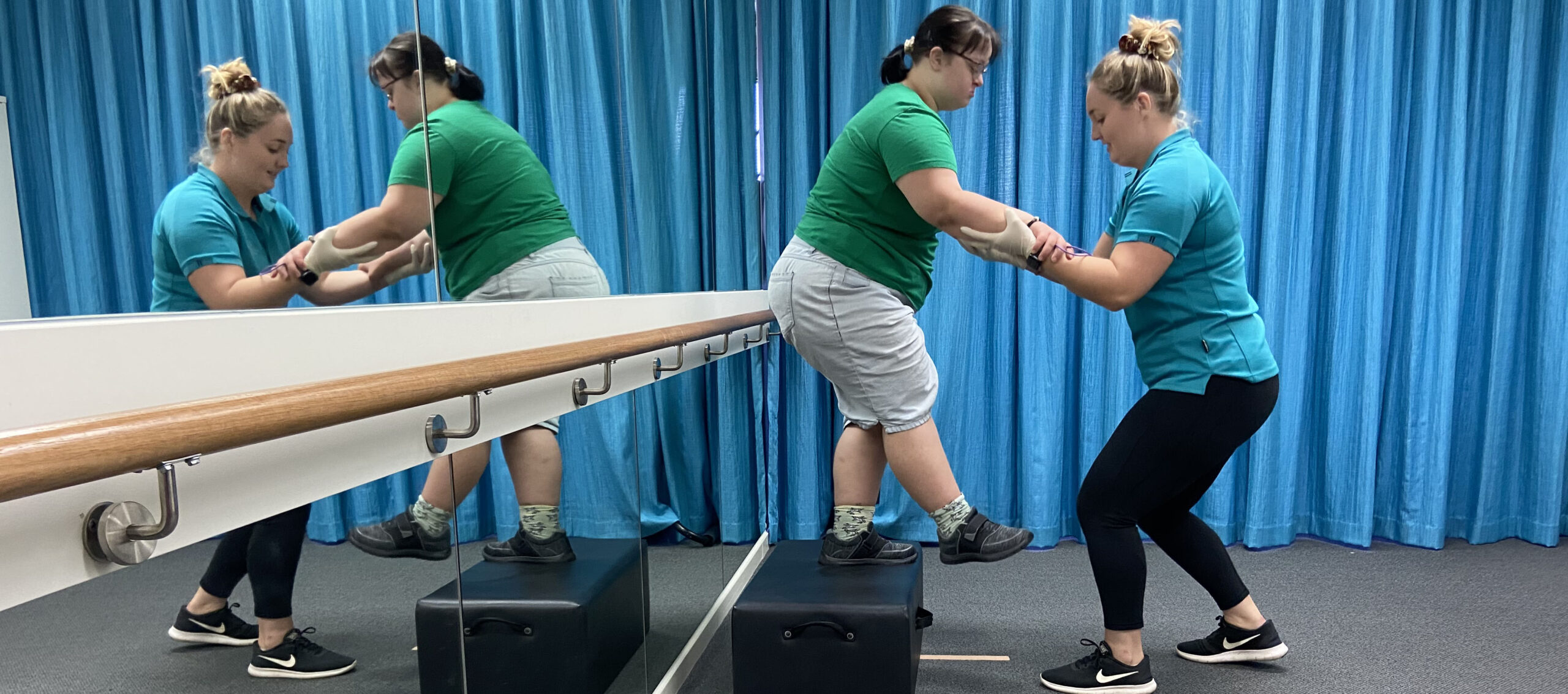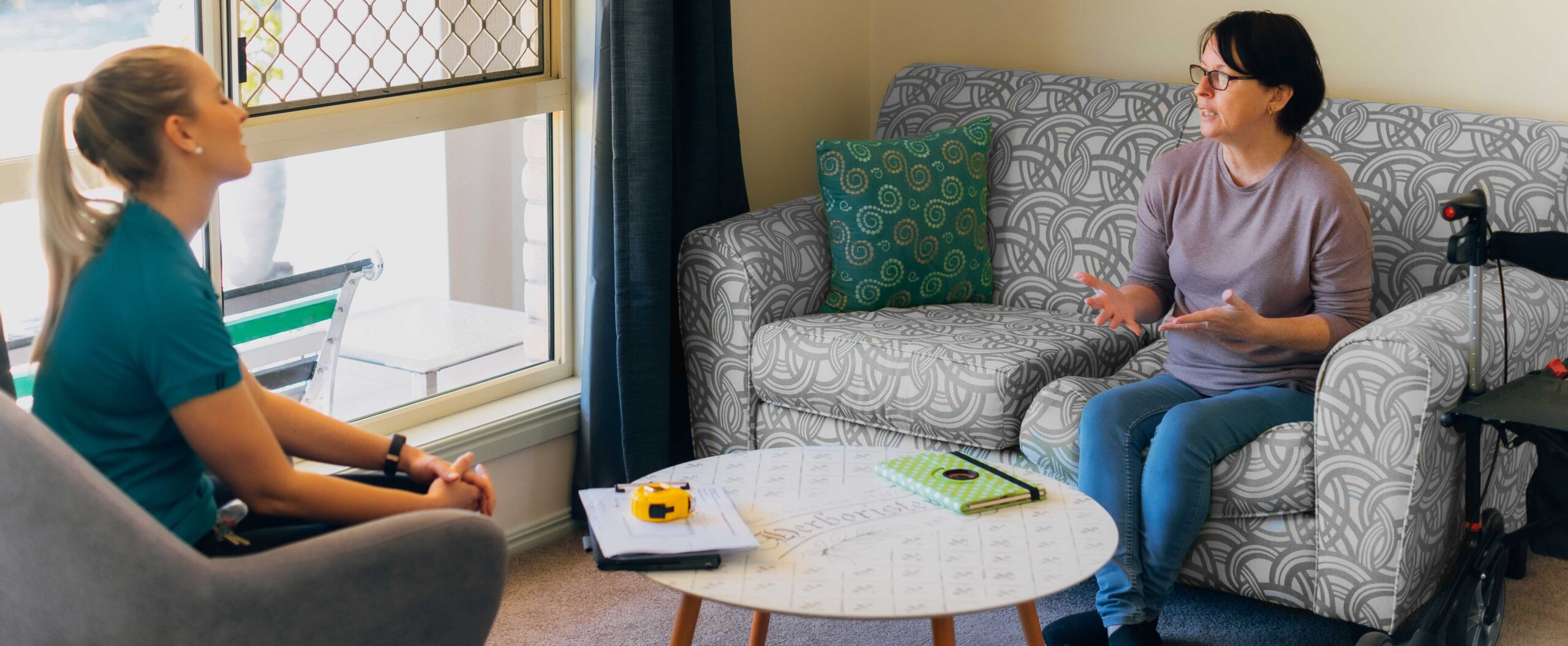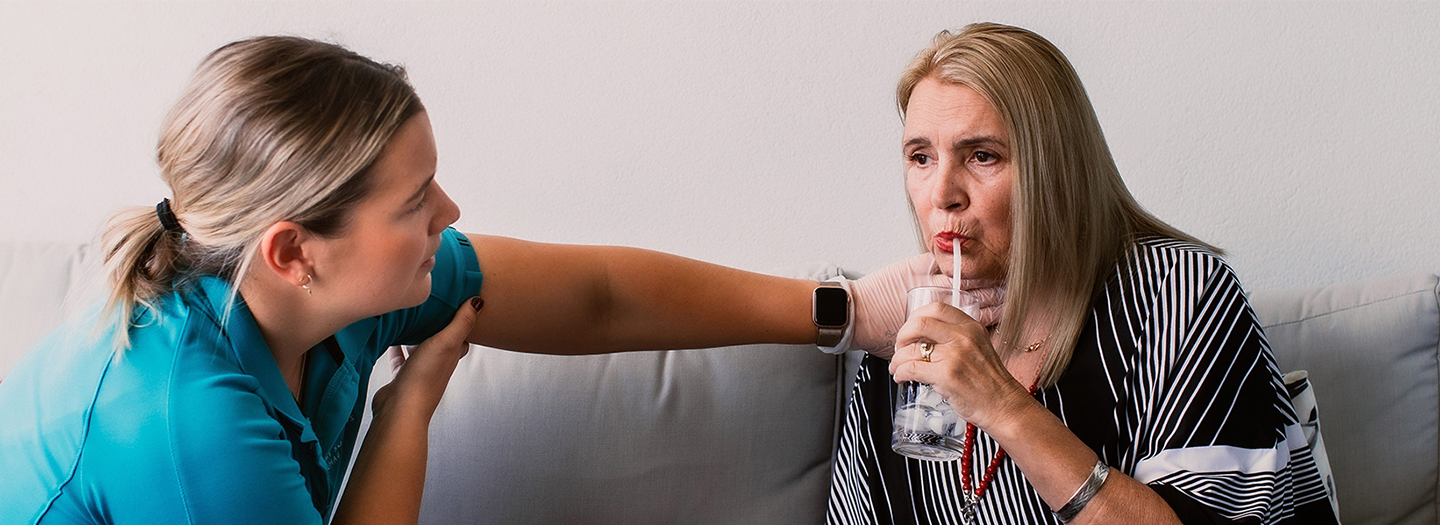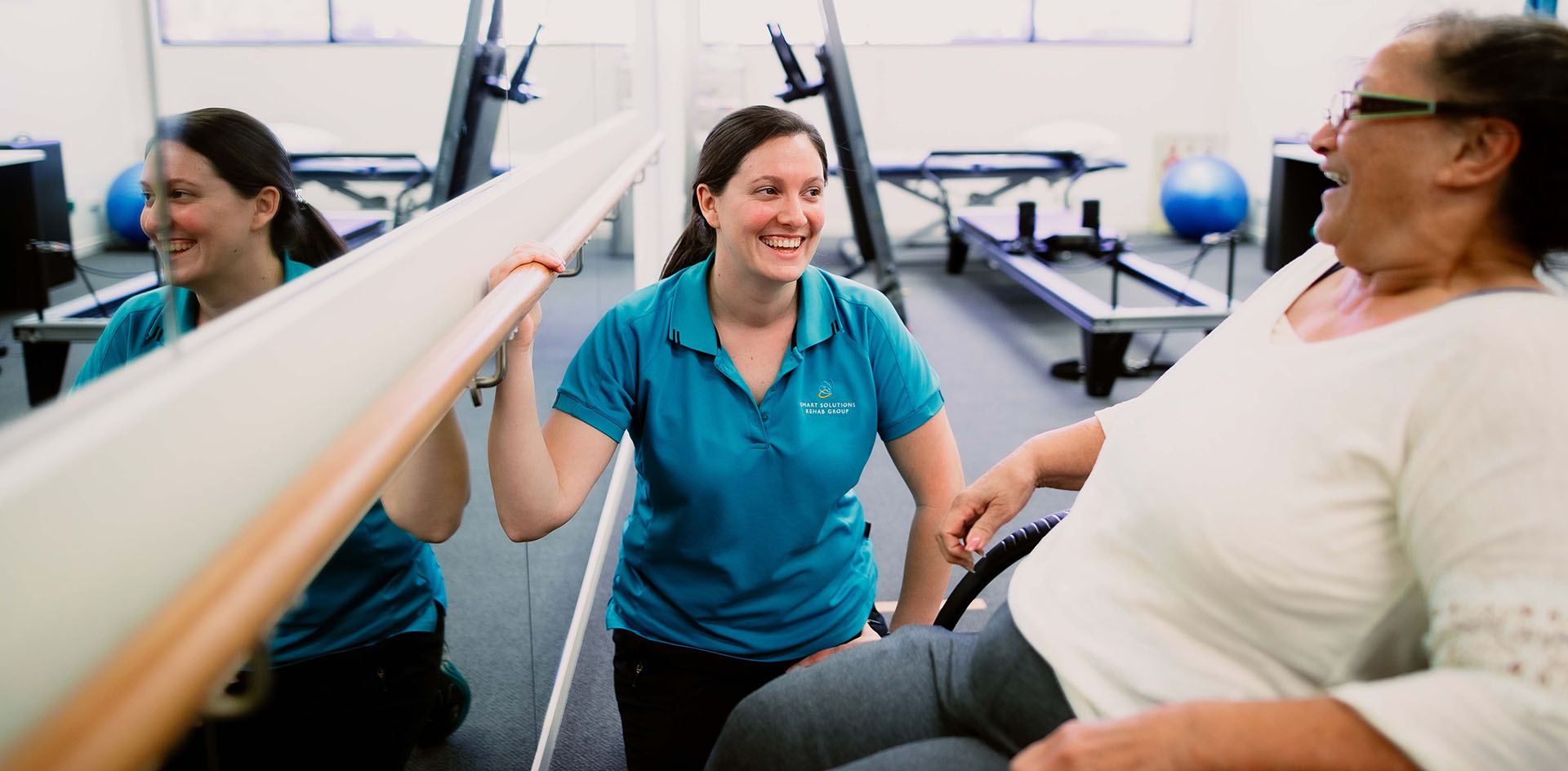Blog
Category: NDIS
-

Understanding Wellness and Re-Enablement Models in the Context of Support At Home
Read More: Understanding Wellness and Re-Enablement Models in the Context of Support At HomeAs Australia’s aged care system evolves, Support at Home is emerging as a key program designed to improve the way…
-

Working together for better therapy outcomes: A multi-disciplinary approach
Read More: Working together for better therapy outcomes: A multi-disciplinary approachOne NDIS plan, many NDIS service providers As an NDIS participant, you may have received funding for multiple services as…
-

NDIS registered provider: Why it matters
Read More: NDIS registered provider: Why it mattersChoosing an NDIS registered provider and why it matters Many NDIS participants do not realise that not all service providers…
-

Why good NDIS reporting is critical for success
Read More: Why good NDIS reporting is critical for successQuality matters when it comes to NDIS reporting The quality of an NDIS report can determine whether or not NDIS…
-

Parkinson’s: Causes, symptoms and management
Read More: Parkinson’s: Causes, symptoms and managementWhat is Parkinson’s? Parkinson’s is a progressive neurological condition that recent research suggests affects over 100,000 Australians. Parkinson’s presents through…
-

Dysphagia and mealtime safety: How a Speech Pathologist can help
Read More: Dysphagia and mealtime safety: How a Speech Pathologist can helpDid you know Speech Pathologists are experts on swallowing? Swallowing is a common part of our everyday function. Like breathing,…
-

Back to Basics: Physiotherapy
Read More: Back to Basics: PhysiotherapyWhat is a Physiotherapist? Physiotherapists possess in-depth understanding of the human body in terms of both structure and movement. This…
-

Back to Basics: Speech Pathology
Read More: Back to Basics: Speech PathologyWhat is a Speech Pathologist? Speech Pathologists are experts in communication. Their clinical role involves the study, diagnosis, and treatment…
-

Home Modifications Increase Independence and Improve Quality of Life
Read More: Home Modifications Increase Independence and Improve Quality of LifeA new perspective on caregiving The importance of home modifications for people living with a disability lies in the potential…
-

COVID-Safe Practice Update
Read More: COVID-Safe Practice UpdateSSRG Current Review As we know, the COVID-19 situation in Victoria has sadly taken a turn for the worse this…
-

5 keeping active health tips
Read More: 5 keeping active health tips5 tips to keep active for good health QUESTION: What’s the common denominator amongst these typical activities that occur during…
-

New NDIS Service Areas
Read More: New NDIS Service AreasNDIS Service Areas Launch in Brisbane Smart Solutions Rehab Group are excited to announce we are now servicing NDIS participants…
-

Amputation
Read More: AmputationAmputation Awareness and Treatment Did you know: Someone will undergo an amputation every 30 minutes in Australia. Losing a limb…
-

Fragile X Syndrome
Read More: Fragile X SyndromeInherited Conditions with Fragile X Gene Fragile X-associated Disorders are a term given to a range of inherited conditions that…

